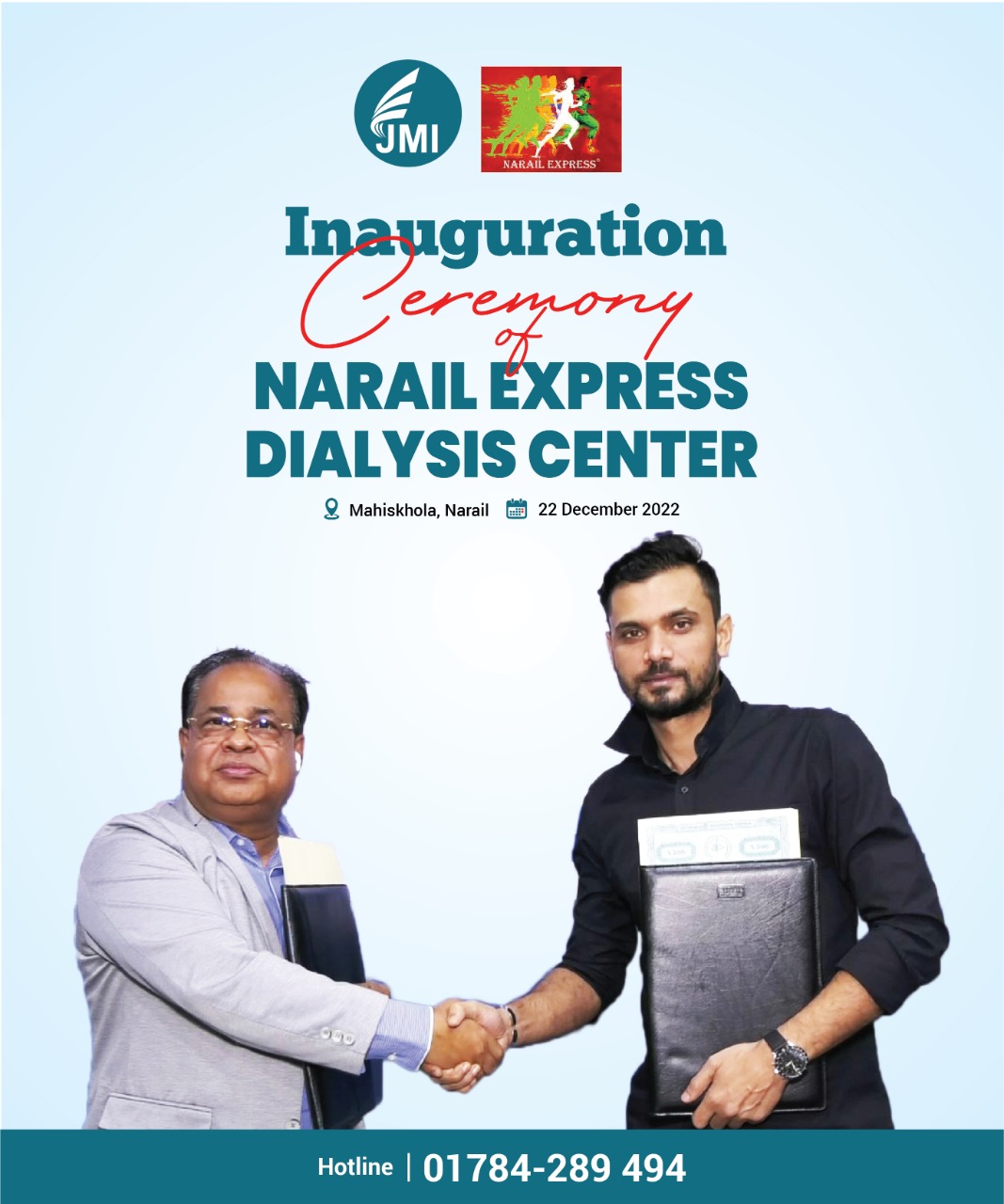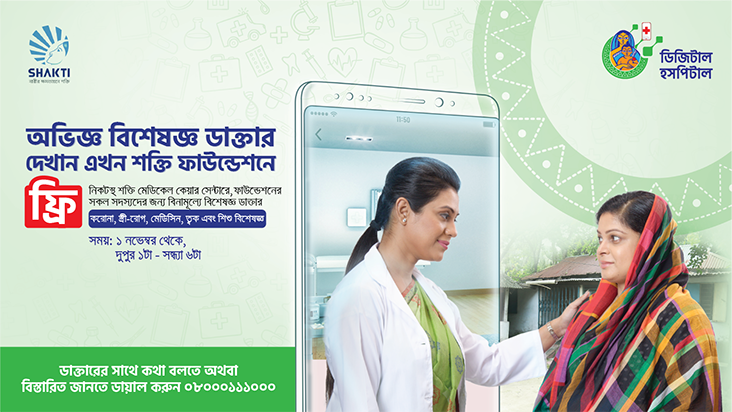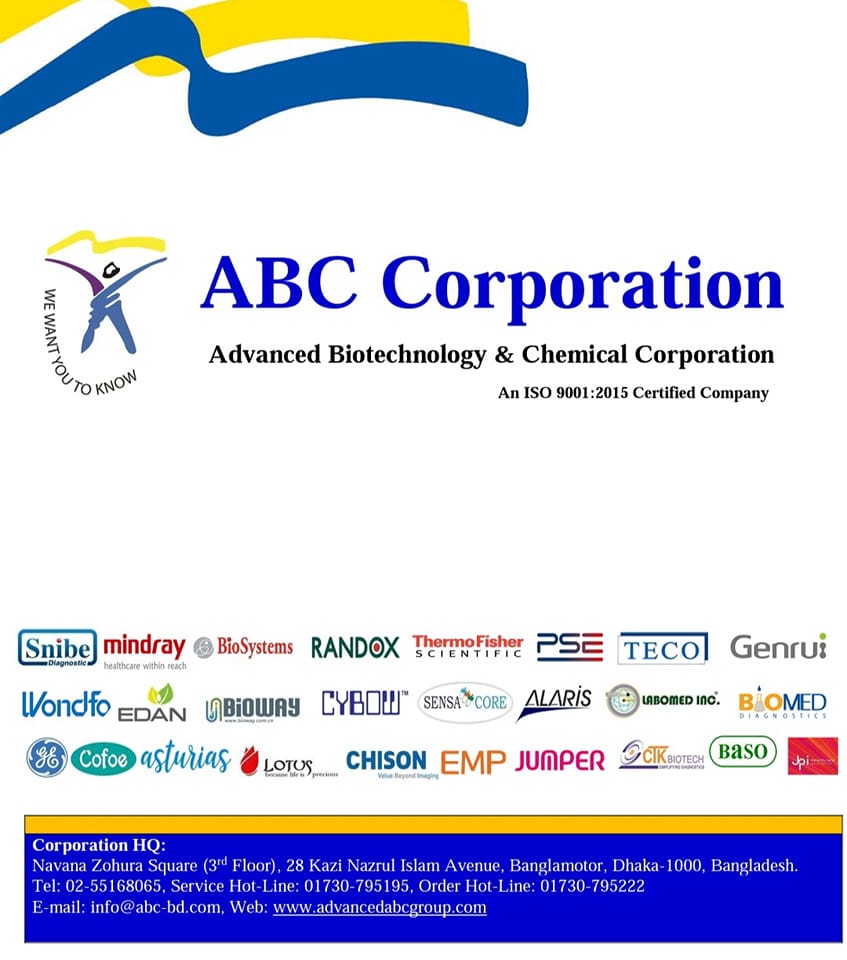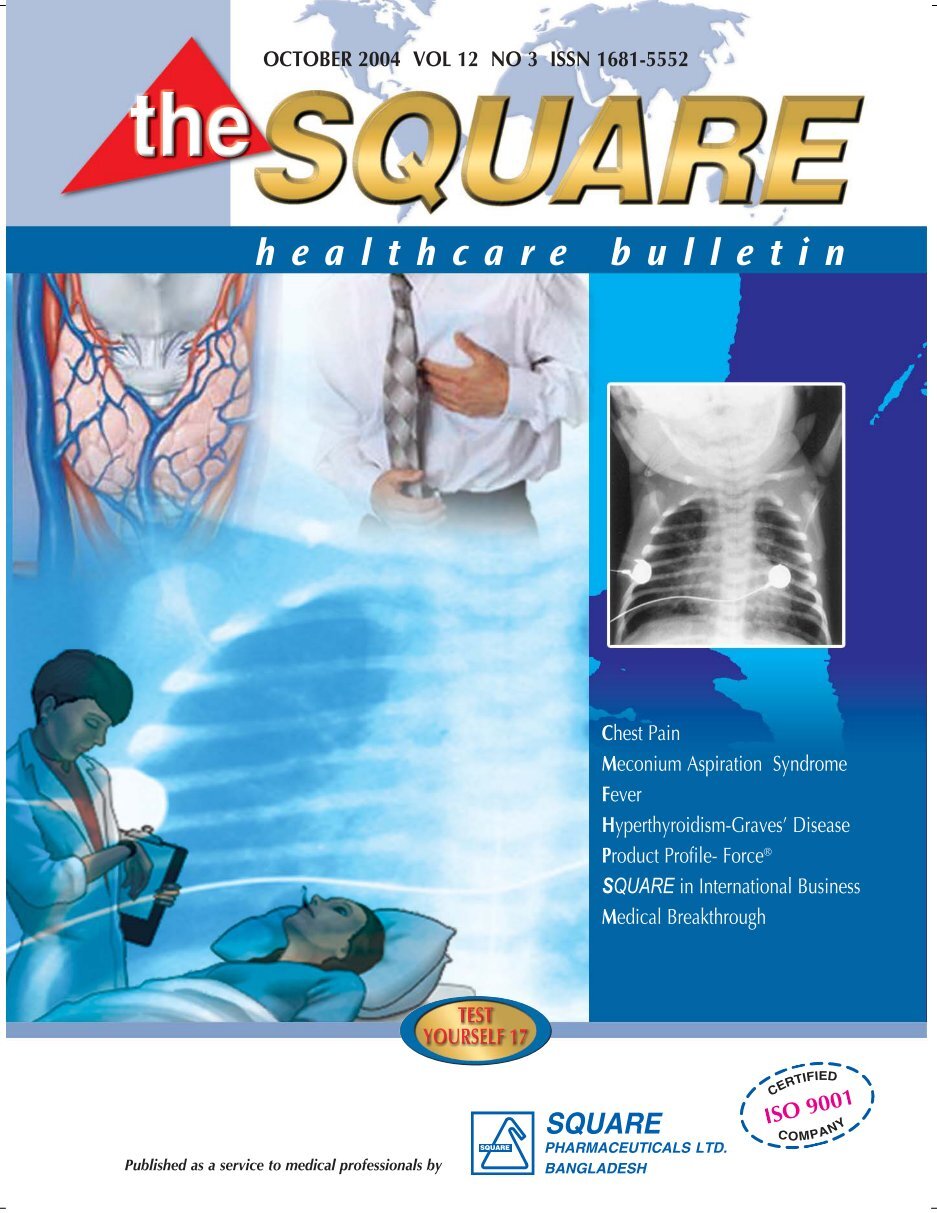Blockchain Technology in Healthcare: Enhancing Security and Data Sharing

Introduction:
Blockchain technology, known for its applications in cryptocurrencies like Bitcoin, is gaining recognition as a powerful tool in the healthcare industry. Blockchain offers a decentralized and transparent platform that can enhance security, privacy, and efficiency in healthcare data management. This article explores the potential of blockchain technology in healthcare, focusing on its ability to enhance security and facilitate secure data sharing among healthcare stakeholders.
Decentralized Data Management:
Traditional healthcare systems often suffer from fragmented and siloed data management, leading to inefficiencies and security vulnerabilities. Blockchain technology offers a decentralized approach, where healthcare data is stored across multiple nodes, ensuring that no single entity has complete control. This distributed nature of blockchain enhances data integrity, making it resistant to tampering, unauthorized modifications, or data breaches.
Immutable and Secure Data:
Blockchain provides a tamper-evident and immutable record of healthcare data. Each transaction or update is recorded as a block, linked to previous blocks through cryptographic hashes, creating an unalterable chain of information. This immutability ensures the integrity and authenticity of medical records, preventing unauthorized modifications and reducing the risk of data manipulation or fraud.

Enhanced Privacy and Patient Control:
Blockchain technology enables patients to have greater control over their health data. Through the use of public and private key encryption, patients can securely share their medical records and control access to specific data elements. This decentralized control over health information reduces reliance on centralized databases and puts patients at the center of data sharing decisions, enhancing privacy and consent management.
Streamlined Interoperability and Data Exchange:
Interoperability and data exchange have been persistent challenges in healthcare. Blockchain offers a standardized framework for data exchange, utilizing smart contracts and secure protocols. With blockchain, healthcare providers, insurers, researchers, and patients can securely share and access relevant health information, leading to improved care coordination, faster diagnosis, and reduced duplication of tests or procedures.
Advancing Research and Clinical Trials:
Blockchain technology has the potential to transform research and clinical trials by improving data integrity, traceability, and patient consent management. Blockchain can securely store and track research data, ensuring transparency and accountability throughout the process. Additionally, smart contracts can automate consent management, ensuring that patients’ privacy preferences are respected while facilitating data sharing for research purposes.
Challenges and Considerations:
While blockchain holds immense promise, its implementation in healthcare faces challenges. Scalability, interoperability, and regulatory compliance are key considerations. Additionally, the integration of blockchain with existing systems and the standardization of data formats and protocols require careful planning and collaboration. Ensuring data privacy and security within blockchain systems is crucial, as is addressing energy consumption concerns associated with some blockchain implementations.
Conclusion:
Blockchain technology has the potential to revolutionize healthcare by enhancing security, privacy, and data sharing. Its decentralized nature, immutability, and patient-centric approach can address persistent challenges in healthcare data management and interoperability. As blockchain continues to evolve and stakeholders collaborate to overcome challenges, we can expect to see increased adoption of this transformative technology, leading to improved patient outcomes, streamlined workflows, and enhanced trust in healthcare systems.













